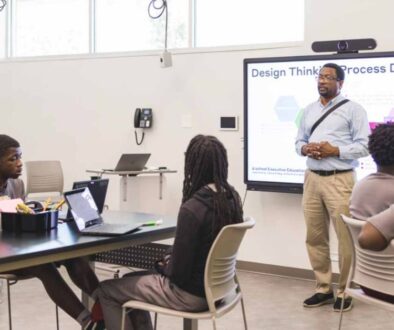New ATSS Recordings Available
18 April 2023 |
Dr. Washburn talks about her experience researching spiritual abuse and opening spaces for people to process painful stories connected to spiritual practice or religious community. Part of the discussion will center on what trauma is, and the other on why it is essential for us in religious communities to be aware of spiritual harm and to intentionally invest in healing.
Jody Washburn is a teacher, scholar, musician, and life-long wonderer. Her training is primarily in Hebrew Bible and the languages and cultures of the ancient Near East. She teaches at Walla Walla University. For the past few years she has been studying intersections between trauma studies, attachment theory, and Hebrew Bible concepts of shalom, compassion, and covenant love. You can find out more about her work at www.compassionandwholeness.com
Paul wrote to Timothy, “For God hath not given us the spirit of fear, but of power and of love and of a sound mind.” But many Seventh-day Adventists struggle with fear: fear of end-time events, fear of not being saved, fear of rejection by God. Maury Jackson tells in this presentation how he grew up bargaining with God against the fear that overwhelmed him, and how he worked to come to peace with God and end-time events.
Maury Jackson is associate dean of the H.M.S. Richards School of Religion at La Sierra University.
Mark’s gospel ends in 16:8, but there are a number of added ancient endings, many of which are still included in English translations of the Bible. Ancient scribes added endings to the existing book, and these have been copied and transmitted for almost 2000 years.
One, known among Pentecostal believers as the “signs following” passage, includes the controversial suggestions that believers “will pick up snakes with their hands; and when they drink deadly poison, it will not hurt them at all.” We will consider why these endings were added, and what the additions mean for the gospel and our thinking about the canon and inspiration.
Tom de Bruin received his PhD in Biblical Studies from Leiden University in 2014. His thesis was entitled “The Great Controversy,” and was a study of the forces of darkness in ancient Judaism and early Christianity. De Bruin lectured in New Testament at Newbold College for several years, as well as serving the church as pastor, church administrator, church planter, and youth director.
The root of any human thinking endeavor is some sort of belief. In mathematics, those beliefs are called axioms: they cannot be proven, but without them there would be no mathematical thinking. The same is true of human life. Human beings live their lives based on faith. Even the most mundane tasks, such as travel, require trust on some level. In many ways faith provides a vision for human life without which people would have no direction.
When it comes to faith in God, there is arguably no greater idea that human beings have employed in human history. Belief in God, with all that comes with it, has been the source of the most inspiring vision of communal life based on altruism and solidarity that the world has ever seen.
Yet, faith has also proven to be the source for some of the greatest problems humanity has ever faced. Many—perhaps a majority—of wars in history were religious wars. Religion is associated with the abuse of women and children, hypocrisy, control, and getting rich on the backs of the gullible. Religious people are known to be judgmental and rigid, and in the scriptures God always had the most problems with the believers. I will discuss how the belief in God can have such opposite results, and the processes that influence bad and good theology.
Marko Lukic works as a pastor in Smederevo, Serbia. He holds a PhD in systematic theology from Lampeter, University of Wales (completed at Newbold College) in the area of Adventist Studies, with a focus on paradigms and paradigm changes.
To comment, click/tap here. You can also watch all of our ATSS PRESENTS recordings, past and present, at our YouTube channel.




